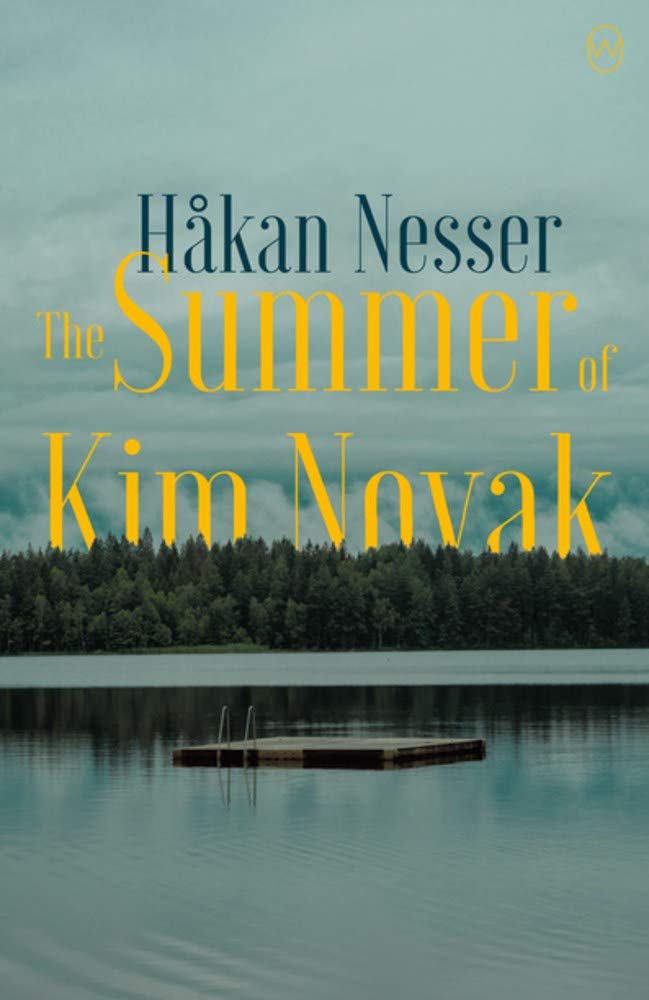[button color=”black” size=”big” link=”http://affiliates.abebooks.com/c/99844/77798/2029?u=http%3A%2F%2Fwww.abebooks.com%2Fservlet%2FSearchResults%3Fisbn%3D9780007350797″ target=”blank” ]Purchase here[/button]
Sense and Sensibility
by Jane Austen
Originally titled Elinor and Marianne, this book’s final title refers to the same two sisters. Elinor, the eldest of three Dashwood girls, believes in governing her emotions with restraint and good sense. Marianne, like their widowed mother, wears her heart on her sleeve and would regard a lack of “sensibility” (i.e., outward demonstrations of emotion) as a betrayal of her noble feelings. Elinor believes in being discreet, keeping confidences, and sparing other people pain no matter how much it hurts herself; Marianne believes in all kinds of romantic ideas, such as the impossibility of falling a second time after once being passionately in love. As both sisters are tested in love and the hope of marriage, each learns the limits and drawbacks of her philosophy.
The girls’ father wished, on his deathbed, that they be well taken care of. Nevertheless their hypocritical half-brother and his greedy wife have done as little as they can for Mrs. Dashwood and her three daughters. Supported by a meager income, the ladies move to a cottage in Devonshire, owned by a distant cousin who occupies the nearby manor house. There, in a series of visits, dinner parties, and country walks they get mixed up in a romantic comedy that strains Elinor’s composure and runs Marianne through the emotional mangle.
All right, so Edward Ferrars loves Elinor, but he can’t marry her because (a) his snobby mother wouldn’t approve the match, and (b) he has already promised himself to an even less suitable girl named Lucy. The despicable Lucy puts Elinor in the painful position of having to give comfort to the person who is breaking her heart. But she won’t let on that it hurts, because she doesn’t want to make everyone feel worse, since Marianne shows every sign of dying of a broken heart thanks to a handsome scoundrel named Willoughby. And don’t let’s forget Colonel Brandon, who in spite of his advanced age of thirty-six, seems to have romantic intentions toward one of the sisters.
So the well-to-do heir of the Ferrars fortune must risk being cut off entirely, and adopting the life of an impoverished clergyman, in order to make one woman happy… but which will it be? Colonel Brandon, a well-to-do man with a sad secret in his past, wants nothing better than to make one of the Dashwood sisters happy… but which will it be? Some of the characters are playing the marriage game for personal gain, some in hopes of love and happiness, and some (such as Mrs. Ferrars) for family pride and glory. Some of them will lose the game. Some will win, and regret it later. But one thing you can count on: what becomes of Elinor and Marianne will remain in suspense until near the end, and it will challenge their resolutions on “second attachments” and on whether feelings should be expressed or suppressed.
This book was my second visit to the world of Jane Austen, after Pride and Prejudice. I’ll admit that I liked it a bit less than Pride and Prejudice. As a main character, Elinor Dashwood didn’t have quite the sparkle of Elizabeth Bennet. But it was still a very enjoyable novel, filled with droll characters, acute observations of the attraction and repulsion of social bodies (mainly orbiting the supper table and the drawing room), and the complex laws that govern tricky transactions in the late-18th-century world of feminine emotions, manners, morals, money, rank, and personal honor. It also has a subtle wit that sometimes gleams with a razor edge, as in this bit:
“After a proper resistance on the part of Mrs Ferrars, just so violent and so steady as to preserve her from that reproach which she always seemed fearful of incurring, the reproach of being too amiable, Edward was admitted to her presence, and pronounced to be again her son.Her family had of late been exceedingly fluctuating. For many years of her life she had had two sons; but the crime and annihilation of Edward a few weeks ago, had robbed her of one; the similar annihilation of Robert had left her for a fortnight without any; and now, by the resuscitation of Edward, she had one again.
In spite of his being allowed once more to live, however, he did not feel the continuance of his existance secure, till he had revealed his present engagement, for the publication of that circumstance, he feared, might give a sudden turn to his constitution, and carry him off as rapidly as before.”
I would have laughed heartily at this, even before the publication of the recent spoof novel, Pride and Prejudice and Zombies, which inspired me to think: “This calls for Sense and Sensibility and Vampires!” Ha, ha. Seriously, though, Jane Austen writes in a highly engaging style. She makes you care about her characters and their emotional entanglements. She makes you grin at their foibles, pointed up with such ready wit.
And should anyone complain that Austen’s books don’t set a good enough example for today’s young women, do consider that they view reality entirely from the point of view of young women. In Austen’s time, social convention prevented women from discussing social and political issues. So the focus is entirely on the human dynamics of men and women relating to each other. Plus, Austen herself knew so little about what men discussed among themselves that there isn’t a single scene, in all of her works, in which a female character is not present. (I owe this factoid to an editorial preface to Emma, which I am reading now.) Compare that to the many male-centered fantasy-adventure books that make you forget that women exist, and then ask yourself: which type of fantasy brings more joy to young women?
To a modern-day reader (of either sex) the world of Jane Austen is a wonderful fantasy world, all the more wonderful because of its place in our history. And though the heroes and heroines in each of her novels quest for nothing more than marital happiness (perhaps with a side of financial security), they are not banal. Such a grail remains elusive today, in spite of the “progress” our society has made in sexual freedom. This novel proves that pursuit of that grail, in a fantasy world where honor and purity matter, can still be vibrantly entertaining and true to life.



